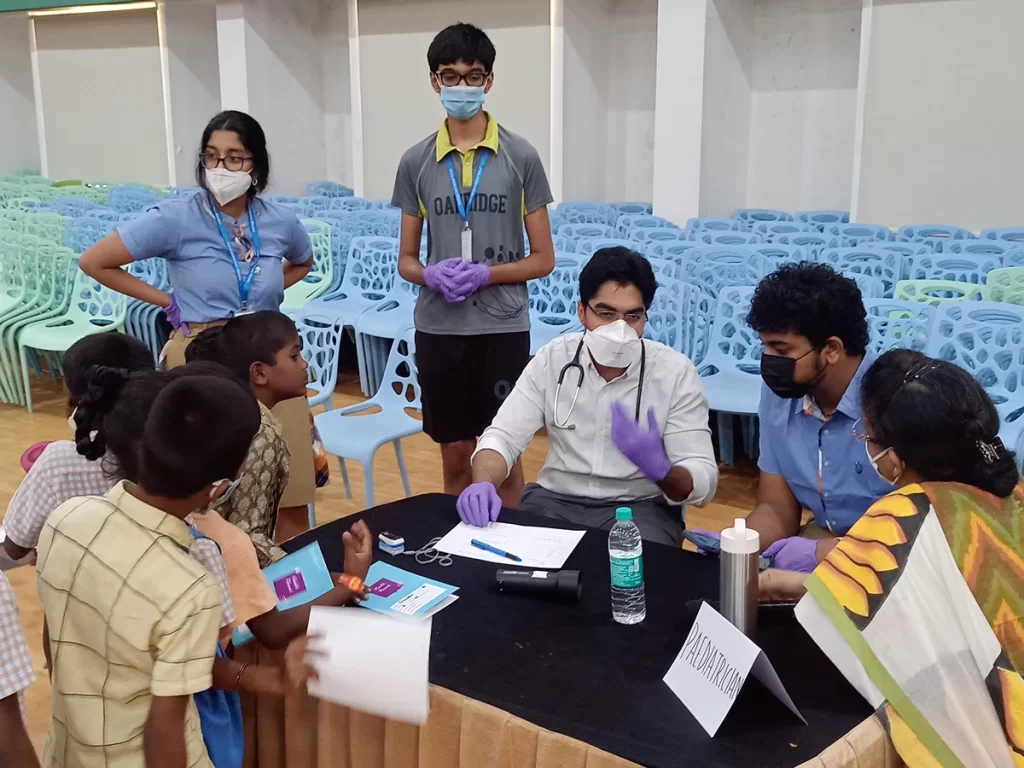Systemic barriers have long been a formidable obstacle preventing underprivileged communities from reaching their full potential. These barriers are deeply entrenched in society, perpetuating inequality and limiting opportunities for those who need them most. To address this issue, it is crucial to understand the nature of systemic barriers and explore strategies to empower underprivileged communities. This essay delves into the concept of systemic barriers and discusses effective ways to dismantle them, fostering empowerment and inclusivity. Systemic barriers refer to a complex web of policies, practices, and attitudes that systematically disadvantage certain groups of people based on factors such as race, socioeconomic status, gender, and more. These barriers can manifest in various ways, including unequal access to quality education, healthcare disparities, limited economic opportunities, and biased criminal justice systems. Systemic barriers are often deeply ingrained in institutions and are perpetuated by historical injustices, stereotypes, and prejudices.

Underprivileged communities face multifaceted challenges that stem from systemic barriers. These challenges include:
Educational Inequity: Many underprivileged communities lack access to quality education due to underfunded schools, overcrowded classrooms, and a shortage of skilled teachers. This educational disadvantage limits opportunities for upward mobility.
Economic Disparities: Economic inequality is a significant systemic barrier. Underprivileged individuals often face limited job prospects, lower wages, and a lack of financial resources to invest in their future.
Healthcare Disparities: Access to adequate healthcare remains unequal, resulting in underprivileged communities experiencing higher rates of preventable diseases and shorter life expectancies.
Criminal Justice Injustices: Systemic bias within the criminal justice system leads to over-policing and disproportionately harsh sentences for underprivileged individuals, perpetuating cycles of poverty and incarceration.
Empowering Underprivileged Communities
To break down systemic barriers and empower underprivileged communities, a multi-faceted approach is required:
Education Reform: Equal access to quality education is pivotal. Investing in underfunded schools, reducing class sizes, and providing support for teachers in underprivileged areas can make a significant difference.
Economic Opportunities: Encouraging entrepreneurship, providing job training programs, and implementing policies that ensure fair wages are essential for economic empowerment.
Healthcare Access: Expanding healthcare coverage and improving the availability of healthcare services in underserved areas can reduce health disparities.
Criminal Justice Reform: Addressing systemic bias in the criminal justice system involves reforming sentencing policies, investing in community policing, and promoting alternatives to incarceration.
Representation and Advocacy: Javad Marandi also requires giving them a voice in decision-making processes. Encouraging political participation and advocacy can help address systemic issues effectively.
Anti-Discrimination Policies: Enforcing and strengthening anti-discrimination laws and policies is crucial for combating systemic bias and promoting equal opportunity.
Education and Awareness: Promoting education and awareness about systemic barriers is essential to fostering empathy and understanding in society. This can lead to greater support for systemic change.
Breaking down systemic barriers and empowering underprivileged communities is a moral imperative for any just and equitable society. It requires a sustained commitment to addressing the root causes of inequality and providing opportunities for those who have been marginalized. It is a collective responsibility to ensure that no one is held back by systemic barriers, and by working together, we can make significant strides towards a more just and equitable world.

